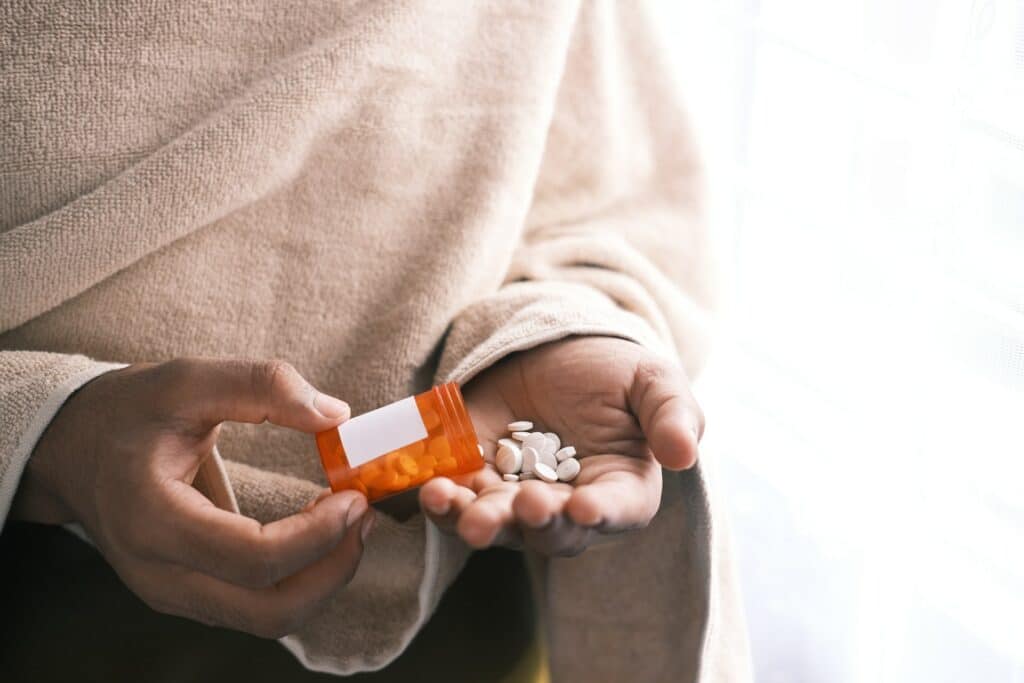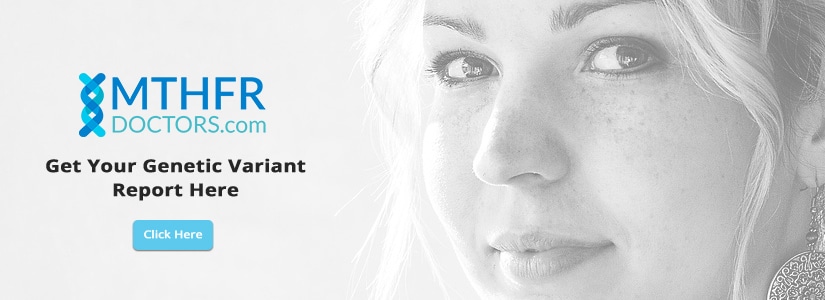Several online and library sources define addiction in different ways, but according to psychological studies, and this reputable online health source, it is defined as a “chronic dysfunction of the brain system”. It incorporates three main aspects, namely, memory, reward and motivation.
When your body wants something bad enough, either a type of behavior or a substance such as alcohol or drugs, this craving causes you to chase the thing to ‘reward’ yourself, and in most cases, unfortunately, there is a disregard for consequences and a lack of concern.
Common Traits of Those Who Experience Addiction
If you are not sure if you fall under this category or not, the below list of aspects can help you to understand the traits associated with it.
- A lack of self-control
- A lack of emotions or response
- Prone to haphazard cycles of remission and relapse
- No regard for how you behave once you have ‘rewarded’ yourself
- Not able to stay away from the addictive behavior or substance in question
- A desire that increases overtime for that thing
It is no surprise that throughout the world, we have seen how addiction has affected many people lives and their day to day activities. This is one type of aspect that can easily increase over time without any inclination.
If you are only a mild user, you may not call yourself this, however, as it increases over time it can easily lead to a habit inducing behavior that may be difficult to get out of.
What Makes Alcohol or Drugs So Addictive?
Various studies have been conducted on why it is so easy for us to fall prey to this circumstance. This medical resource explains this in-depth and to put it into perspective: https://www.webmd.com/mental-health/addiction/news/20120111/study-sheds-more-light-on-why-some-get-alcoholism
The substances directly affect your brain and make many people feel good about themselves. Research has shown that the reward center of the brain is affected in both heavy drinkers as well as light drinkers. It releases opioids, which most would know as the hormones called ‘endorphins.’ The more your consumption, the more this is released into your brain.
There are several different types of addictions, and 5 of the main ones are listed below:
- Cocaine
- THC which is a component of marijuana
- Nicotine which is found in tobacco and cigarettes
- Pain relievers or opioids, also known as narcotics
- Alcohol
These are the more serious ones; however, people are also prone to drinking too much coffee and eating too much food. They can also be addicted to gambling, sex, and technology to name a few others.
Behaviors Associated with Addiction
Below are several of the more commonly known types of behaviors that one would go through during, before or after drinking too much alcohol or taking drugs:
- Difficulty identifying emotions and feelings for example being easily confused
- You also find it difficult to differentiate between your real feelings and physical sensations
- A poor assessment of weighing the pros and cons of your substance abuse
- Finding excuses for your actions or blaming other situations and people in your life
- You become more Sensitivity and react negatively to stress levels over time
- You go through periods of sadness, anxiety and depression
Several Solutions to Help You
In the modern world, many things could affect your life negatively, such as a divorce, debt, sickness, death of a family or friend, unemployment and more. All of these can easily tempt you into finding ways to feel better and unfortunately the easiest option for many is to find a substance or habit that makes you feel better, however, in many cases, this is a temporary fix.
There are several solutions for those who are aware that they fall in this category and want to better themselves and stop entirely to live a better and healthier lifestyle. Treatment options include:
- Behavioral or group treatment that includes psychotherapy
- Case managers assigned to you from an addiction center
- Support groups or self-help options
- Medication to treat depression and other side-effects of addiction
- Detox centers to help treat you
Those who are serious about recovering, are advised to join a rehab in your local area. There are many options but not all of them are always the best. Enrolling with a rehab facility such as Mallard Lake alcohol rehab, for example, is one of the solutions that you can look into to help you get back into a better and healthier position.
Places such as these are built to help those in need. They have medical and psychology professionals and knowledgeable individuals, as well as the right equipment to know exactly how you feel and what it’s like to be in your situation. They are skilled at choosing the best measures to help you negate things for the better.



